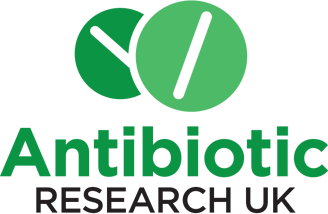Hydroxychloroquine or chloroquine, sometimes in combination with an antibiotic called azithromycin, has been widely discussed and used recently for treatment of COVID-19. It is used and licensed for malaria and autoimmune diseases such as lupus. Currently, the safety and benefit of these medicines has not been proven in patients with COVID-19.
Hydroxychloroquine was being tested as part of a large global study coordinated by the World Health Organization. The study looked at a number of different drugs and their effect in COVID-19 patients. The hydroxychloroquine element of the study was put ‘on hold’ in May 2020. The Lancet medical journal published a study of coronavirus patients in 671 hospitals across six continents. It found those who took this drug were more likely to die or develop irregular heart rhythms than those who didn’t.
The RECOVERY trial in the UK has also now closed testing for use in COVID-19 stating that “preliminary results from the RECOVERY trial are quite clear – hydroxychloroquine does not reduce the risk of death among hospitalised patients with this new disease”.
On 29 June 2020, the MHRA approved recruitment of further participants for a clinical trial investigating hydroxychloroquine in the prevention of COVID-19, by the University of Oxford.
Update: On 17 June 2020, WHO announced that the hydroxychloroquine (HCQ) arm of the Solidarity Trial to find an effective COVID-19 treatment was being stopped.
